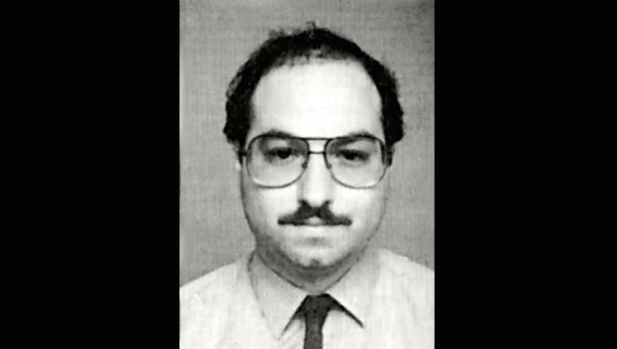
Jonathan Pollard, the former intelligence analyst who stole more than a million pages of classified documents and sold them to Israel “should stay in jail,” Ron Olive, the federal agent who caught him, told USNI News on Wednesday.
Pollard, 60, is set to be paroled in November following a sentence of 30 years for an 18 month spree of document pilfering from “every intelligence agency in D.C.,” said Olive, the former head of counterintelligence in the Washington office of the Naval Investigative Service who wrote about the investigation in the book, Capturing Jonathan Pollard.
The U.S. Parole Commission announced Pollard’s planned release on Tuesday with no government opposition, according to The New York Times.
“Clearly, having the government accept our presentation, which involved several months of communication with the government, was clearly a boost in the parole process,” Eliot Lauer, Pollard’s lawyer, told the paper.
While Olive doesn’t agree with the release, as he understands the parole stipulations, Pollard will not be allowed to leave the U.S.
“He should never ever be allowed to leave the U.S.,” he said.
“He should continue to be on parole for the rest of his life.”
His fear is Pollard, who confessed to the spying in 1985, will travel to Israel and be feted as a hero.
“Hopefully they will not allow him to go to Israel. That would be a disaster He would be a hero in Israel. He can not go there,” he said.
“The problem with the Israelis They denied knowing anything abut Pollard. They literally lied to two or three presidents that they knew nothing about Pollard.”
In a statement, Israeli Prime Minister Benjamin Netanyahu praised Pollard’s parole.
“After decades of effort, Jonathan Pollard will finally be released. Throughout his time in prison, I consistently raised the issue of his release in my meetings and conversations with the leadership of successive U.S. administrations. We are looking forward to his release,” he said.
Olive said that if Pollard had been sentenced just a few months later, a change in sentencing guidelines would have produced a drastically different outcome for the self-confessed spy.
“He beat the system. Because now if you commit espionage you go to jail for life,” Olive said.





